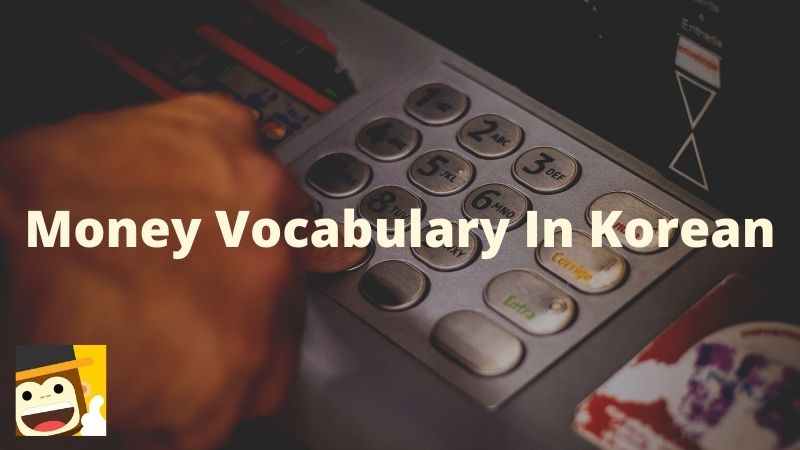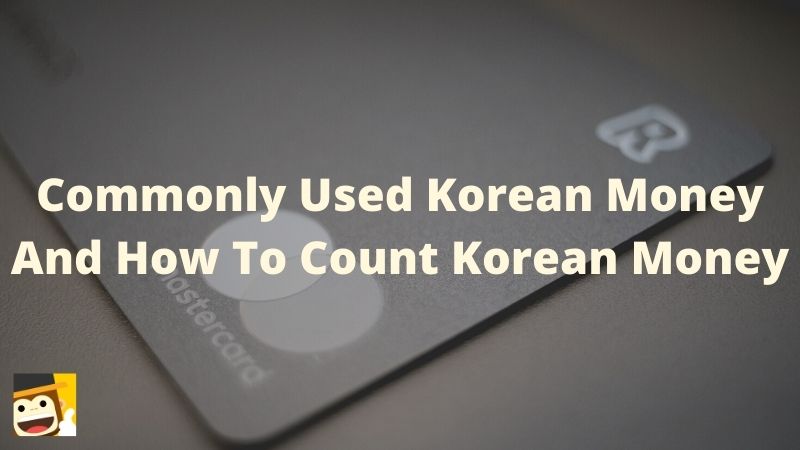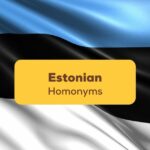Are you planning on traveling to Korea for fun, business, or personal reasons? Either way, you should try to learn Korean and, more specifically, learn about money vocabulary in Korean!
The Korean language has grown in popularity recently, thanks largely to Korean Pop (KPOP), so it’s not a surprise that you’d be interested in traveling to Korea! Korea has a rich history, culture, and beautiful language. If you go to Korea, we recommend reading about the country ahead of time to fully appreciate your time there.
While it’s essential to learn basic Korean words and phrases to get around the country and have conversations with locals, you must also know about Korean money. In other words, you should know the terms in the Korean language and how to use them correctly.
If you plan on staying in Korea short-term, it will be helpful to know terms like banks, exchange rate, currency, atm card, withdrawal, deposit, and new account. On the other hand, if you plan on staying there long-term, you should know about opening a new bank account, savings account, any monthly fees, and how to send money abroad.
So, let’s get started learning Korean!
Short Background On Korea

Maybe you’re planning on traveling to Korea for the first time, or you’re trying to decide between Korea and another country. Either way, we want to give you some brief background on Korea so that you know all the important facts beforehand!
Quick Facts About Korea
- Location: East Asia
- Estimated Population: 76 million (25 million: North Korea, 51 million: South Korea)
- Currency: Won “won” 원
- Main Ethnic Group: Korean
- Official Language: Korean
- Written Language: Hangul (South Korea), Chosungul (North Korea)
- Religion (South Korea): 46% Non-conforming, 30% Christian, 23% Buddhist, 1% Other
- Religion (North Korea): 71% Non-religious/atheists, 13% Cheondoism, 12% Korean Folk, 2% Christian, 2% Buddhist
- Climate: 4 distinct seasons, seasonal rainfall, occasional snow, hot summers
- Capital of South Korea: Seoul
- History: Divided into two countries, North Korea and South Korea, in 1945
Now that you know a little bit more about Korea, or you’ve been refreshed, we can go on to talk about Korean money and the best app to use for learning Korean!
Money Vocabulary In Korean

No matter where you’re traveling, you need to be familiar with the local money and currency. We’ve made a list of some of the most important Korean words related to this topic! Let’s get to know more about the Korean Won below.
Korean Money Words And Phrases To Know For Short-Term Visits
There’s a difference between the Korean money vocabulary you need to know depending on how long you stay in Korea. We’ll start with the Korean money words and phrases to know for short-term visits!
To make things easier, we’ve included the English word, transliteration version, Hangul script, and correct pronunciation in the table below! Start learning Korean now!
Now that you’ve learned some basic Korean money words and phrases, it’s time to go on to some more advanced terms!
Korean Money Words And Phrases To Know For Long-Term Stays
Wondering what the Korean Won is all about? Now that you’ve learned how to say Korean money words and phrases for short-term visits, it’s time to learn about them for long-term stays!
Just like above, we’ve included the English word, transliteration version, Hangul script, and correct pronunciation in the table below! Start practicing Korean now!
While there are plenty of other Korean money words to learn about, we’re going to go on and talk about how to call each piece of Korean money!
Commonly Used Korean Money

Now that you know some important Korean money terms, it’s time to talk about the actual Korean money and how to count Korean money!
Commonly Used Korean Coins And Notes:
- 10원 coin (approx. .01 USD)
- 50원 coin (approx. .04 USD)
- 100원 coin (approx. .08 USD)
- 500원 coin (approx. 40 cents USD)
- 1,000원 (approx. 80 cents USD)
- 5,000원 (approx. 4 USD)
- 10,000원 (approx. 8 USD)
- 50,000원 (approx. 40 USD)
How To Count Money In Korean
In order to count Korean money, you need to know about Sino-Korean numbers. These numbers are easy to learn, and we’ve even created a handy table with the English word, transliteration version, Hangul script, and correct pronunciation! Don’t worry.
Now, you’ve learned all the most important terms when it comes to Korean money! The next step is to travel to Korea and practice with locals!
Looking To Learn More Korean? Use The Ling App!

If you want to learn more about Korean or another language, you should use the Ling App!
Ling is a language learning app that offers lessons in over 60 languages. The lessons are easy to follow, accessible no matter what device you’re using, and, most importantly, fun! The app has voice recordings from real-life native speakers, so you know you’re listening to the most accurate pronunciation! All of these features and more make Ling a great tool to have with you throughout your language-learning journey!
Start learning a new language with Ling today!










































